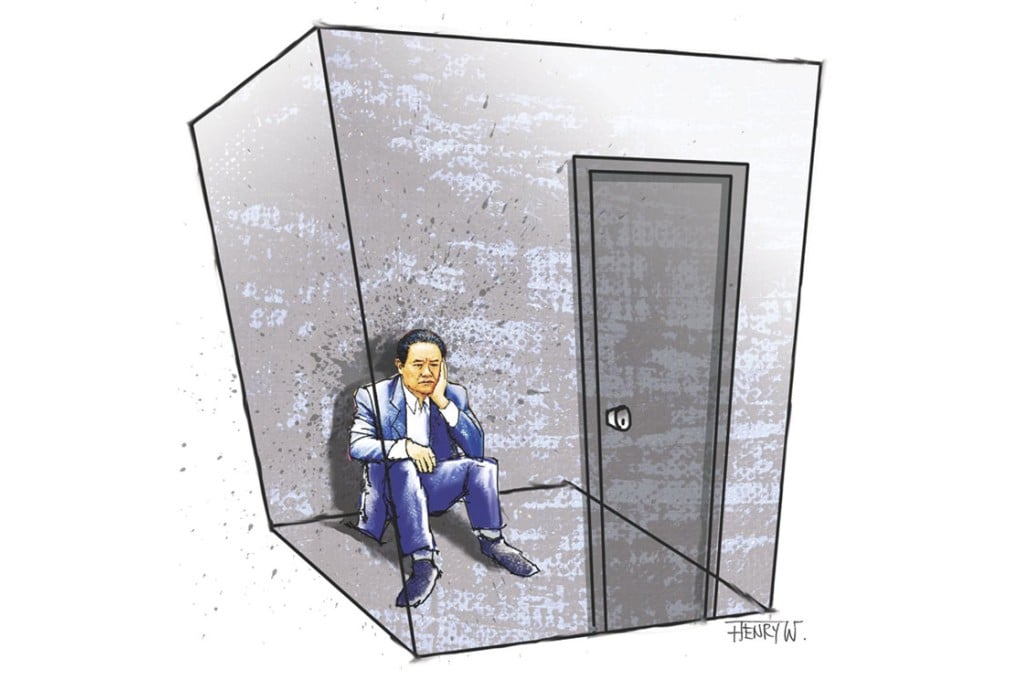Fall of Zhou Yongkang no cause for hope of change
Chang Ping says the fall of Zhou Yongkang is a straightforward purge, not the kind of power struggle that opens the door for political change. The system to 'maintain stability' is still in place

In some media reports, the Central Commission for Discipline Inspection investigation of Zhou Yongkang has been described as signifying the most serious power struggle in the Communist Party since the Cultural Revolution. This is hardly true. During the Tiananmen pro-democracy movement of 1989, an intense tug of war was going on between one faction that insisted on suppression of the protesters, led by Li Peng , and the faction advocating communicating with the protesters, led by Zhao Ziyang .
Zhou's fall from grace could not by any stretch be seen in the same light as the attempt to end the Cultural Revolution or the June 4 crackdown. The removal of Zhou - once one of China's most powerful men - is a straightforward purge, a case of one faction getting rid of a rival in the name of fighting corruption.
By contrast, during the time of the Cultural Revolution and June 4, the opposing camps had distinctly different visions for China; whichever side won changed China forever. Deng Xiaoping's economic reforms and opening up changed the political landscape created by Mao Zedong . Later, his decision to side with Li Peng in the handling of the 1989 students' democracy movement killed a golden opportunity for China to embrace modern democracy.
If Zhou Yongkang could be said to represent a political vision, it was of a China where public security authorities would become so powerful that all levels of public security bureau chiefs would become members of standing committees; where the public security apparatus is more powerful than the law courts and prosecutors in the judicial system, allowing it to act without any scruples to "maintain stability". In this dark vision for China, anybody who dares to press a legal claim or try to petition the higher authorities would be brutally suppressed, "black jails" would open up all across the country, and the whole system would be merely a cover for corrupt officials.
However, there are three problems with this. First, building a system to maintain stability is in line with the policy of creating a harmonious society as hailed by former president Hu Jintao , and Zhou was only an executor of this policy.
Second, there is no proof that the law courts and procuratorates are more capable than the public security authorities in safeguarding judicial independence and justice. If anything, the courts and state prosecutors have also acted as hatchet men in the persecution of dissidents.